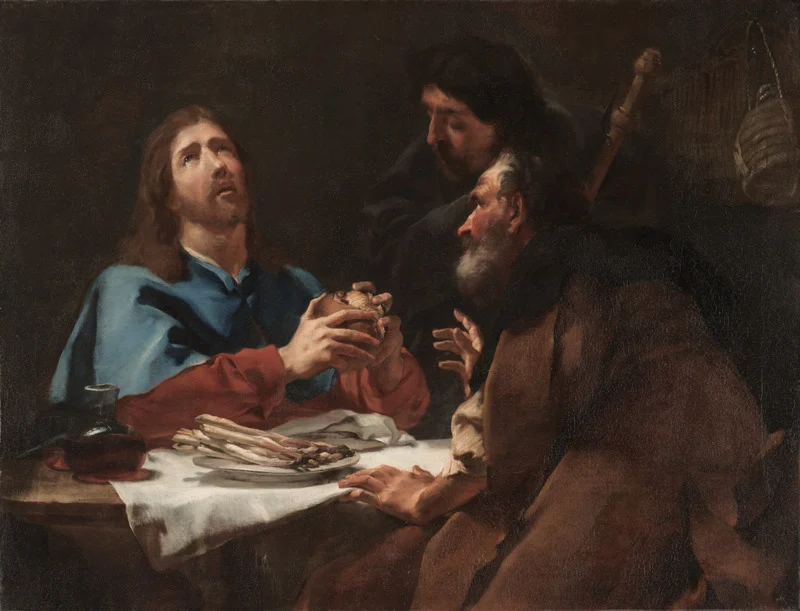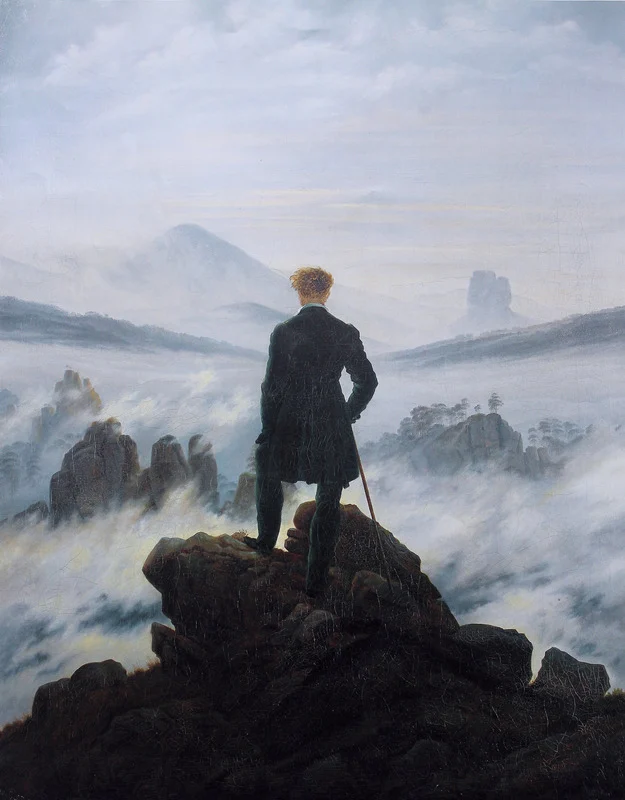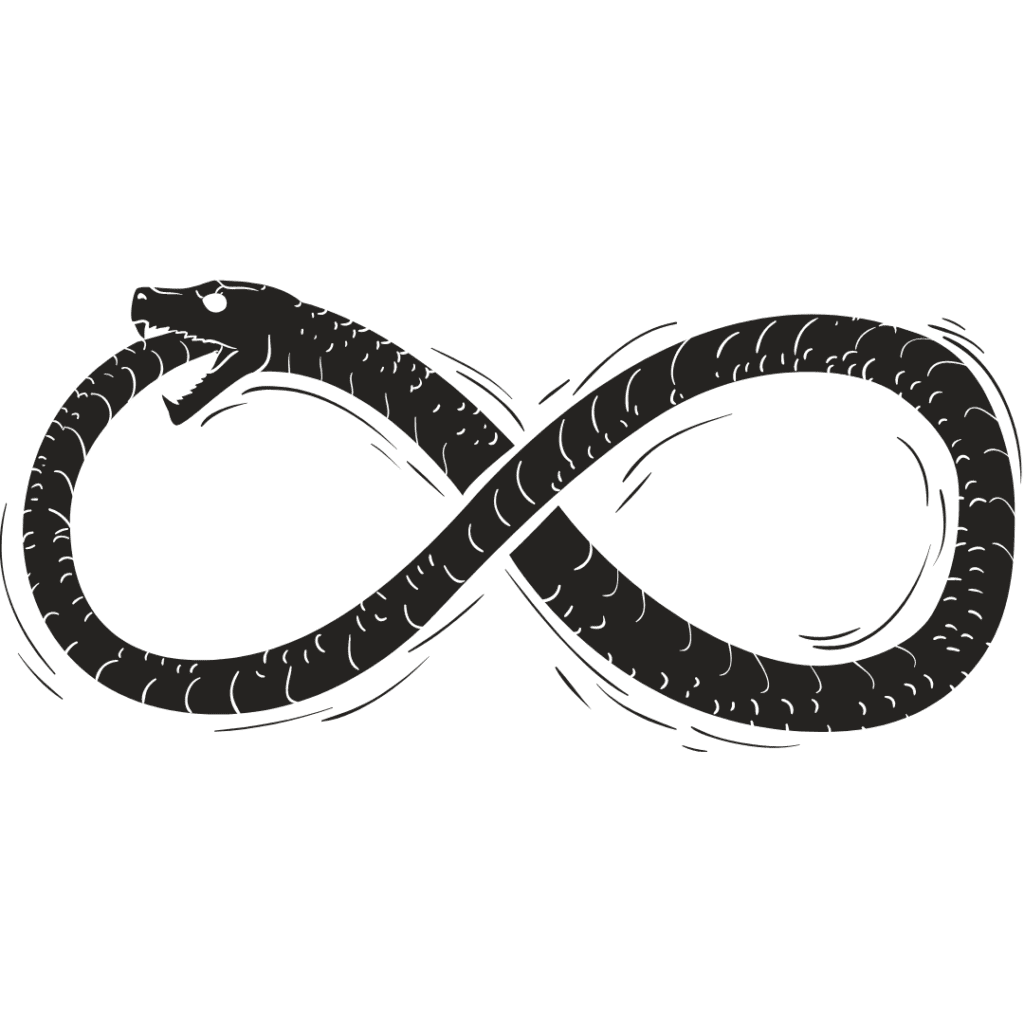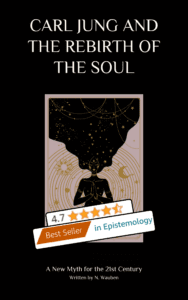Table of Contents
Introduction
Friedrich Nietzsche has been one of the most interesting and inspiring philosophers to have ever lived. Nietzsche was not afraid to question everything; in particular the ideas and customs which were previously considered unquestionable. As a result, Nietzsche’s ideas have been, and often still are, controversial.
Sadly, however, part of the controversy surrounding Nietzsche’s ideas arises because his ideas are often misinterpreted. To some extend we might blame Nietzsche himself for this situation. His writings are relatively complicated and he often writes in riddles while openly displaying his own thought process, making it hard to immediately grasp the message which he is trying to convey.
Therefore I have decided to make this list of Nietzsche’s most important ideas. I have tried to explain his ideas as uncomplicated as possible, in a way that I believe it would have been helpful to me before I started to read Nietzsche’s books.
The Death of God
Let’s begin with one of Nietzsche’s most misinterpreted ideas; the Death of God. Often one might come across someone (Often backpackers in some beautiful tropical destinations) triumphantly wearing a t-shirt whereupon Friedrich Nietzsche’s face is displayed with the following text: ‘God is dead’. Such t-shirts indicate the often falsely held believe that the Death of God is some sort of victory for mankind.

Although it is certainly true that Nietzsche declared the death of God in the following passage: “God is dead; but given the way of men, there may still be caves for thousands of years in which his shadow will be shown – and we – we still have to vanquish his shadow, too.” (The Gay Science, p.167) Nietzsche did not see it as a victory. Instead, he saw it as one of the biggest disasters which has ever befallen mankind. I will illustrate this below.
As I mentioned in the introduction, we can sometimes blame Nietzsche for the misinterpretation of his own ideas. I also believe that this applies here as well. We can already observe this from the quote above, wherein Nietzsche indicated that men still has to vanquish His (God) shadow from all sorts of caves.
Moreover, Nietzsche strongly criticized religion, and with it, also the belief in God, arguing that religion is undesired because it is one of the strongest opponents of life: “Inasmuch as it says, ‘God sees into the heart of man,’ it says nay to the profoundest and most superior desires of life and takes God as the enemy of life. The saint in whom God is well pleased is the ideal eunuch. Life terminates where the ‘Kingdom of God’ begins.” (Twilight of the Idols, p.27)
How then is it possible that Nietzsche believed that the death of God was not a victory but a disaster? The answer is relatively simple: Nietzsche believed that men was not yet ready to live without God; the death of God came to soon as there was not yet anything of sufficient value to replace the idea of God. Even though the death of God gave men unlimited possibilities and freedom, men was not yet ready for this freedom according to Nietzsche: “Oh, the poor bird that felt free and now strikes the walls of this cage! Woe, when you feel homesick for the land as if it had offered more freedom – and there is no longer any “land”. (The Gay Science, p.181)
As a consequence, according to Nietzsche, after men had killed God, men ended up floating around aimlesly; aimlessly through space, aimlessly through life: “Whither is it moving now? Whither are we moving? Away from all Suns? Are we not plunging continually? Backward, sideward, forward, in all directions? Is there still any up or down? Are we not straying as through an infinite nothing? […] has it not become colder? Is not night continually closing in on us? […] God is dead. God remains dead. And we have killed him.” (p.181)
In order to compensate for this vacuum, Nietzsche argued that men constructed several ‘false idols’, which could never compensate for the death of God. These false idols include, for example, the state and a type of man which Nietzsche called ‘the last man’ (which is the exact opposite of the ‘overman’, which will be discussed in the next section). The state, for instance, only put more limits on the freedom of men, according to Nietzsche, and facilitated the lives of ‘the last man’, who go only through life in the search for happiness and are not interested in finding any true meaning: “What is live? What is creation? What is longing? What is a star?’ So asketh the last man and blinketh […] His species is ineradicable like that of the ground-flea; the last man liveth longest. ‘We have discovered happiness,’ say the last men, and blink thereby.” (Thus Spoke Zarathustra , p.10)
To conclude, it is clear that there is a certain paradox present when discussing the meaning of Nietzsche’s declaration of the death of God, creating the possibility for misinterpretation. Nietzsche was a strong critic of religion and, as you have seen, even argued that ‘life ends where the kingdom of God begins’. However, Nietzsche still believed that the death of God was a horrible development for men, because there existed only false idols to replace the idol of God, resulting in men slipping farther away into meaninglessness. All the while men, according to Nietzsche, would be incapable to grasp what they had really done: “This deed is still more distant from them than the most distant stars – and yet they have don it themselves.” (The Gay Science, p.182)

The Overman/Übermensch
In order to deal with the Death of God and prevent the false idols from taking further root, Nietzsche was the proponent of the development of a new idol, an idol which did not exist beyond men, but which existed within men. As such Nietzsche believed in the development of the ‘overman’, who would be the exact opposite of the last man.
Whereas we can in some ways blame Nietzsche for the misinterpretations surrounding the idea of the death of God, I believe Nietzsche was not himself at fault when it comes to the misinterpretations surround the idea of the overman. Sadly these misinterpretations largely stemmed from the Nazis who hijacked several of Nietzsche’s ideas and theories, a hijacking which was facilitated by Nietzsche’s own sister Elisabeth.
Nietzsche, however, as we have seen above, strongly opposed the control of the state and, as such, it is illogical to use his theories to promote state control. Instead Nietzsche strongly believed that the individual should be able to make his or her own decisions, in particular when it comes to morality. This does not mean that the individual can do whatever he or she wants, but that the individual should not be depended upon institutions, such as the church or the state, to tell him or her how to be or how to think.
It is in this light that we should analyse the term ‘overman’. According to Nietzsche, men has the ability to develop into the overman; mankind is merely a step to eventually evolve into the overman. However, as Nietzsche mentioned in his book Thus Spoke Zarathustra, we run the risk of evolving into the exact opposite, the last man: “Man is a rope stretched between the animal and the superman – a rope over an abyss.” (p.8) The last man is this abyss.
According to Nietzsche, within this abyss, men is confident that true happiness has been achieved. According to Nietzsche, however, the last man, in this case, has mistaken comfort for happiness. The lives of the last man will have become too ‘easy’, too structured and devoid of any kind of chaos. Nietzsche, however, famously observed that men requires a certain amount of chaos in order to be truly happy: “I tell you: one must still have chaos in one, to give birth to a dancing star. I tell you: ye have still chaos in you. (p. 10)
The last man will prevent chaos at all cost whereby, as indicated by Nietzsche, no one will any longer be able to gibe birth to any stars: “There cometh the time when man will no longer give birth to any star. Alas! There cometh the time of the most despicable man, who can no longer despise himself. Lo! I show you the last man.” (Ibid)
Nietzsche’s overman would be the exact opposite of the last man. Instead of seeking happiness through comfort by, for example, letting others think for them, the overman is capable and comfortable with thinking for him or her self. The idea of the overman becomes particularly important in light of the following idea of Nietzsche which I will discuss, the eternal recurrence.
The Eternal Recurrence/Return
The idea of the eternal recurrence is one of the more complicated ideas of Nietzsche. It is also open to various misinterpretations. In this section I will discuss the interpretation which I believe to be correct. Besides being a bit complicated, the idea of the eternal recurrence is also quite horrifying, even Nietzsche himself became scared of his own idea: “Thus did I speak, and always more softly; for I was afraid of mine own thoughts.” (Thus Spoke Zarathustra, p.155)
In his book Thus Spoke Zarathustra Nietzsche explained the idea of the eternal recurrence through a conversation between the figure of Zarathustra and a dwarf. Zarathustra and the dwarf are observing a gate above which ‘this moment’ is written. From this viewpoint they can observe two roads leading to opposite directions: “Two roads come together here; these hath no one yet gone to the end of. This long lane backwards, it continueth for an eternity. And that long lane forward – that is another eternity.” (p. 154)
Zarathustra wonders where one would end up if one were to follow one of these roads right until the end. According to the dwarf, the roads would eventually connect with each other: “’Everything straight lieth,’ murmured the dwarf, contemptuously. ‘all truth is crooked: time itself is a circle.” (p.154)

Naturally, this is not the most scientific discussions, and we cannot take the words of the dwarf, however convinced he might be, for granted. This is, however, also not necessary, for I believe that Nietzsche did not literally believe that time is a circle and that history would continue to repeat itself, instead I believe that the purpose of the idea of the eternal recurrence is to contemplate philosophically what the consequences of such a proposed reality would be. It would namely prompt us to ask the following question: would we continue to live our lives in the same manner as we are doing now if we now that we will have to repeat them in the same fashion over and over again?
If not, then Nietzsche has succeed in making his point. This corresponds to the previous discussion on the overman as well, if we continuously live or our lives over and over again, then it is perhaps worth the effort of finding one’s own way: “This – is now my way, Where is yours? Thus did I answer those who asked me ‘the way’. For the way – it doth not exist!” (Thus Spoke Zarathustra, p.190)
The Three Metamorphoses of the Spirit
The last idea of Nietzsche which I would like to discuss in this article relates to a lion, a camel and a baby. According to Nietzsche, each of these organisms represent a phase of spiritual transformation which an individual should experience.
The Camel
Interestingly, the first stage is not represented, as one might expect, by a baby, instead the camel represents the first stage. In this stage, the spirit, being a camel, must carry many heavy burdens.
In this stage, the camel itself is interested in carrying these heavy burdens, consisting of all the heavy burdens an individual has to carry in order to become a part of society; such as traditions and customs: “What is heavy? So asketh the load-bearing spirit; then kneeleth it down like the camel and wanteth to be well laden.” (Thus Spoke Zarathustra, p.21)
At this stage, the camel will be glad to carry these heavy burdens, for they will gave him enough weight to move out into the wilderness: “All these heaviest things the load-bearing spirit taketh upon itself; and like the camel, which when laden hasteneth into the wilderness, so hasteneth the spirit into its wilderness.” (p.21)
The Lion
After spending a considerable amount of time in the wilderness (The world/society) with all these heavy burdens and acquiring a lot of experience carrying these burdens, the second metamorphoses of the spirit can take place. Similar to a lion, the spirit can become the ruler of the wilderness.
In order to rule his own kingdom in the jungle, however, the lion has to slay ‘the great dragon’ who is called ‘thou-shalt’: “What is the great dragon which the spirit is no longer inclined to call Lord and God? ‘Thou-shalt’ is the great dragon called. But the spirit of the lion saith, ‘I will.’” (p.22)
This dragon which the spirit must slay in order to become a lion consists of the values existing in the world, which previously had to be carried by the spirit as a camel. In essence, the spirit has to learn to think for itself and question those things which it took for granted up until this point. This might be difficult, for the spirit might have found comfort in ‘thou shalt’: “As it holiest, it once loved ‘Thou-shalt’: now is it forced to find illusion and arbitrariness even in the holiest things, that it may capture freedom from its love: the lion is need for this capture.” (p.22)
The Child
After slaying the dragon of ‘thou shalt’, the final transformation can take place and the lion can transform into a child. One might be inclined to ask why the all powerful lion must transform into a seemingly powerless child. According to Nietzsche, however, the child has a powerful capability which the lion does not possess; the child is capable of creating new values, it is capable to see the world in a different light as a new born child: “Innocence is the child, and forgetfulness, a new beginning, a game, a self-rolling wheel, a first movement, a holy yea […] its own will willeth now the spirit; his own world winneth the world’s outcast.” (p. 22)
Similar to a child, in this phase, the spirit can look at things as if it looks at them for the first time. From these new observations and the new curiosity which goes with it, the child can create. The lion has to slay the dragon of thou-shalt in his own world, whereas the child can create a new world entirely.
Nietzsche believed that this capability of the child, the capability to create, is the most powerful capability one can possess. It relates closely to the other ideas discussed in this article as well, in particular to the idea of the overman. Like the child, the overman has the capability to create new values. As such, it can be argued that an individual can evolve into Nietzsche’s overman by going trough these three stages of spiritual transformation.
In case you have seen Stanley Kubrick’s movie 2001: A Space Odyssey, and found the ending a bit strange, then it might make more sense now when we relate it to Nietzsche’s three stages of spiritual transformation. In the movie, one of the space-travellers is the first to reach a mysterious monolith upon which he reaches a new stage in evolution and is transformed into a baby. This stage is reached after an extremely long journey through space and, in order to reach it, the space traveller has to fight a battle against a computer on board the ship (the dragon). Not surprisingly, the opening song to the movie is also called Also sprach Zarathustra (Thus Spoke Zarathustra).
“And he who hath to be a creator in good and evil – verily, he hath first to be a destroyer, and break values in pieces. Thus doth the greatest evil pertain to the greatest good: that, however, is the creating good. Let us speak thereof, ye wisest ones, even though it be bad. To be silent is worse; all suppressed truths become poisonous. And let everything break up which – can break up by our truths! Many a house is still to be built! Thus Spake Zarathustra.”
(Thus Spoke Zarathustra, p.113)

